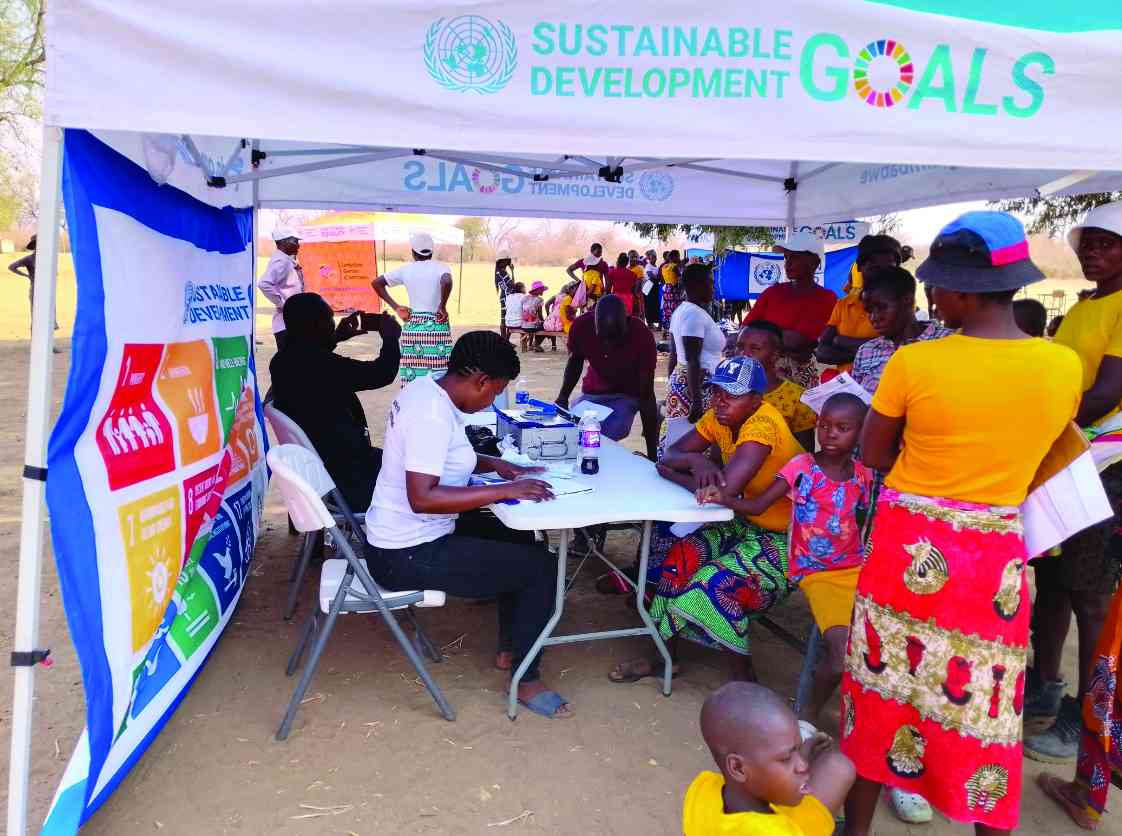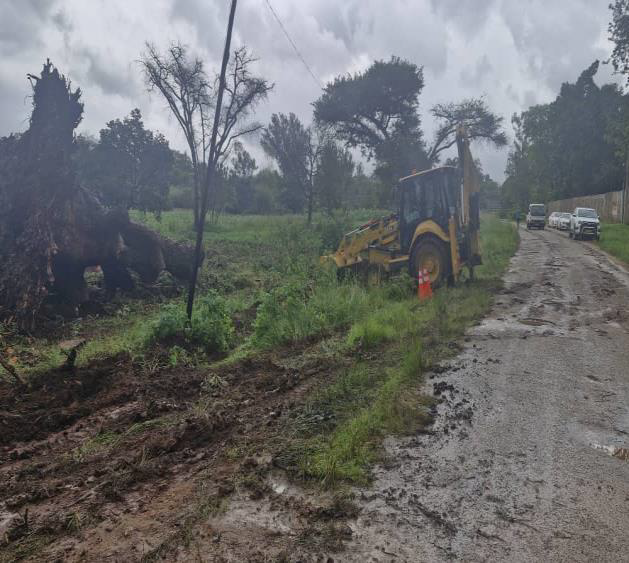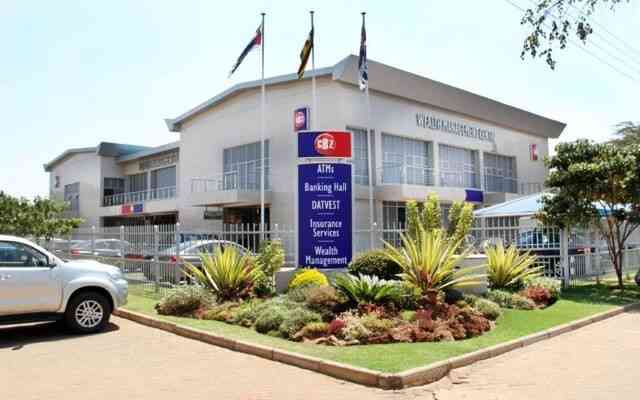
CLUTCHING her crying baby in her arms tears streaming down her cheeks, 14-year-old Zvionere Chasi (not her real name) struggles with her two children as she narrates how she was raped at the age of nine and forced into early marriage.
In the marginalised Monozi community in Mbire district, where parents prioritise marriage over the education of the girl child, girls are being forced into early marriages at a time when they should be enjoying their childhood.
Many of them are victims of rape who end up pregnant, with no way out.
In most cases, families are the instigators of early marriages because they do not want to provide for the girl child and do not value the role education plays in the girl child’s future.
This was revealed during a GBV mobile one stop center a programme implemented in partnership with Zimbabwe Gender Commission and United Nations Development Programme, which will put a permanent structure so as to end early child marriages.
Mobile One Stop Centres provide an array of essential services, including birth registration from the Department of Civil Registry, clinical care from Ministry of Health and Child Care officials, and legal support from partners like Musasa Project to the victim.
As soon as a girl reaches Grade 7, they are forced to drop out of school and look for “something to do”.
Without education, the “something to do”will be getting married.
- Ngozi Mine’s young mothers suffering in silence
- Ngozi Mine’s young mothers suffering in silence
- Village Rhapsody: Engage men to end gender-based violence
- Chics’ Galaxy: Takawira fights in the girl child’s corner
Keep Reading
Chasi said she was raped and her parents did not report the case.
Instead, they decided to keep the issue under wraps and talked her into maintaining the relationship, after which she was forced into marriage.
“I was raped and I fell pregnant at nine years of age,” said Chasi, with a voice loaded with frustration.
“I now have two children, but my husband has since left me. I don’t have anything to feed my child.
“At least these past few days, I received a bag of wheat as food aid, so I have something to eat.”
Chasi said her parents decided to settle the case with the abuser.
“To evade arrest, abuser's family entered a settlement with my family to pay a token known as mapfukudzadumbu. That is when I went back to stay with them. My parents did not report the case to the police,” she said.
For Muchaneta Chimuzoro (22), when she was about to write her Grade 7 examinations, she dropped out of school after falling pregnant.
“When I was in Grade 7, I got pregnant and my parents said I should go to my boyfriend’s house. When I went there, the boy’s family mistreated me. Sometimes I would sleep on an empty stomach,” Chimuzoro said.
“One day, I stole food from my parents’ house. That is when my mother asked me what was happening and she decided to take me back.
“After that, when my child turned one, I found a job and left my child in the care of my mother. The boy’s family came and took my son and now they do not want me to visit my child.”
Nyadzisa Chimonga, who is now aged 20, said she fell pregnant when she was about to write her Ordinary Level examinations at the age of 17 years, which saw her eloping.
“I got married when I was 17 years old. That time, I was supposed to sit for my Form 4 examinations. I got pregnant and went to my in-laws home,” she said.
“From the first day, they would treat me like I was not a human being. They did not give me food and they would not give me soap to wash clothes for their son’s child.”
Chimonga, like many others in her community, was abandoned by her husband. As if it was cyclical, she entered into a second marriage, where she was again abused.
“Now I have two children. My first husband left. This is my second marriage, but things are not good because my husband always insults me with heartbreaking words,” Chimonga said.
Speaking on condition of anonymity, a Monozi Primary School teacher chronicled to NewsDay a disturbing increase in cases of sexual abuse involving primary school learners.
“Every month, we send reports to the district for school dropouts. So far, we have noticed that parents in this area do not value the education of the girl child,” the teacher said.
“We have so many dropouts. This year alone, about 16 Grade 7 girls dropped out and could not write their examinations. We have also noticed that the girl child is being abused, especially those at puberty stage.
“Even if we get a case of abuse reported, you find that parents go behind our back and get token payments from abusers and life goes on.”
She also highlighted an increasing trend of parents bartering their girl children for grain amid a biting drought.
“Some are pushing their girl children into commercial sex so they can get food. However, there is a lack of follow-up on cases in most parts of Mbire and perpetrators go scot-free.
“The Monozi area and surrounding villages do not have a police post hence this has hampered the clampdown on cases of sexual abuse.”
According to statistics released in September by the government, 4 557 girls left school last year after falling pregnant.
Of these, 3 942 were from rural schools, while 615 were from urban schools.
A total of 134 pregnant girls were still in primary school.
Last month, President Emmerson Mnangagwa signed into law the Criminal Laws Amendment (Protection of Children and Young Persons) Bill, 2024, raising the age of consent from 16 to 18 in an effort to protect young people from sexual predators and early marriages.










